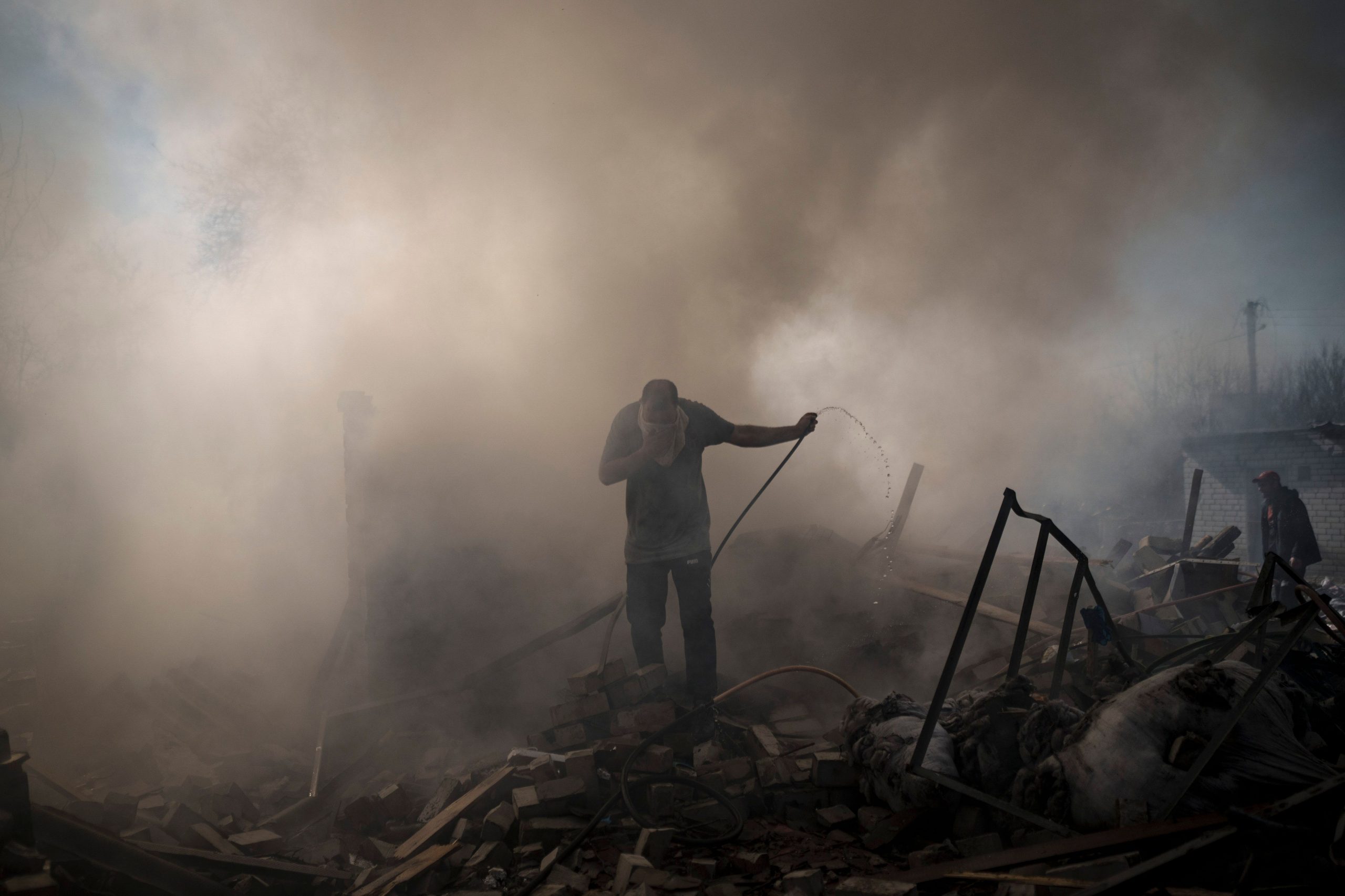When Vladimir
Putin launched a ‘special military operation’ in Ukraine on February 24, he had
set out with the goal of denazifying and demilitarising the former Soviet
state. Now, nearly a month later, a senior official of the Russian military
said that the purpose of the Russian offensive in Ukraine is to ‘liberate’ the
Donbass region.
“The main
objectives of the first stage of the operation have generally been
accomplished,” said Sergein Rudskoi, head of the Russian General Staff’s Main
Operational Directorate. “The combat potential of the Armed Forces of Ukraine
has been considerably reduced, which…makes it possible to focus our core
efforts on achieving the main goal, the liberation of Donbass.”
This, many
political observers say, is an indication that Russia is changing goalposts in
a bid to declare a quick victory, according to a Reuters report.
Also Read | All you need to know about Donbas, eastern Ukraine’s breakaway region
Ukraine and its
Western allies have consistently said that the Kremlin sought to topple the
Ukrainian government and subsequently install a puppet regime. But with Russia having
altered its purpose, Western observers believe Moscow is in no position to
continue to war having lost a large number of troops, weapons and economic
strength. Therefore, Moscow may seek an out from Ukraine after realising its
purpose in Donbass.
The Donbass region
in eastern Ukraine consists of Donetsk and Luhansk, both regions long-seeking
independence from Ukraine. Vladimir Putin had accused the Ukraine government
and President Volodymyr Zelensky of carrying out a genocide against ethnic
Russians in the territories. A day before the military op was launched, Putin
recognised the independence of the two regions.
Also Read | Russia mobilizing troops from Georgia to Ukraine: US defense official
As things stand,
Moscow has nearly 93% of Luhansk under its control but only 54% of Donetsk.
Thus, Putin still has some way to go before he can declare victory according to
his altered goals. But that Putin has changed goal posts, shows the degree of
resistance offered by the much weaker Ukraine and Russia’s own military failings,
political observers say.
“The advance is
stalled or at best very slow at this stage,” according to Nick Reynolds, a land
warfare analyst at the RUSI think-tank in London. “Its original strategy is now
completely unachievable.”







